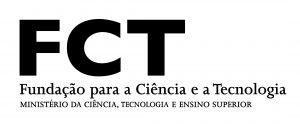Download abstracts book, here
Programme available
To access the final programme, please click:
Programme
Noel B. Salazar: seminar´s keynote speaker

Noel B. Salazar is Research Professor in Anthropology at the University of Leuven, Belgium. He is editor of the Worlds in Motion (Berghahn) and Anthropology of Tourism (Lexington) book series, co-editor of Keywords of Mobility (2016), Regimes of Mobility (2014) and Tourism Imaginaries (2014), and author of Envisioning Eden (2010) and numerous peer-reviewed articles and book chapters on mobility and travel. Current research interests include typologies of travellers, discourses and imaginaries of Otherness, heritage, cultural brokering and cosmopolitanism. Salazar is vice-president of the International Union of Anthropological and Ethnological Sciences, past president of the European Association of Social Anthropologists and founder of ANTHROMOB, the EASA Anthropology and Mobility Network. In 2013, he was elected as member of the Young Academy of Belgium.
Registration
To achieve your registration in the International and Interdisciplinary Seminar “Living in | amobilidade: Towards New Time Culture, Space and Distance” you must complete the form which is available on the link: https://survs.com/survey/meh4onxae0
Presentation

